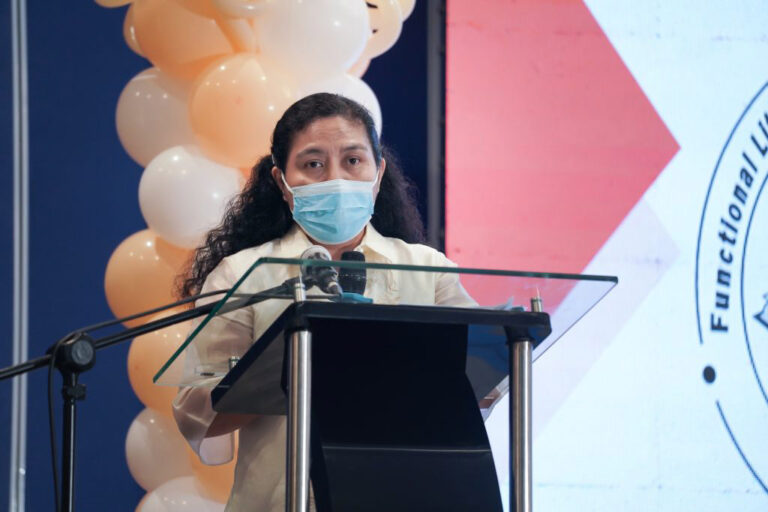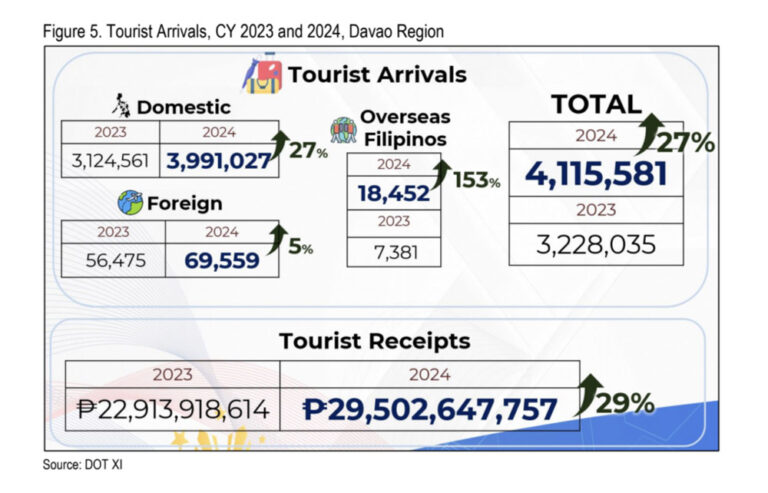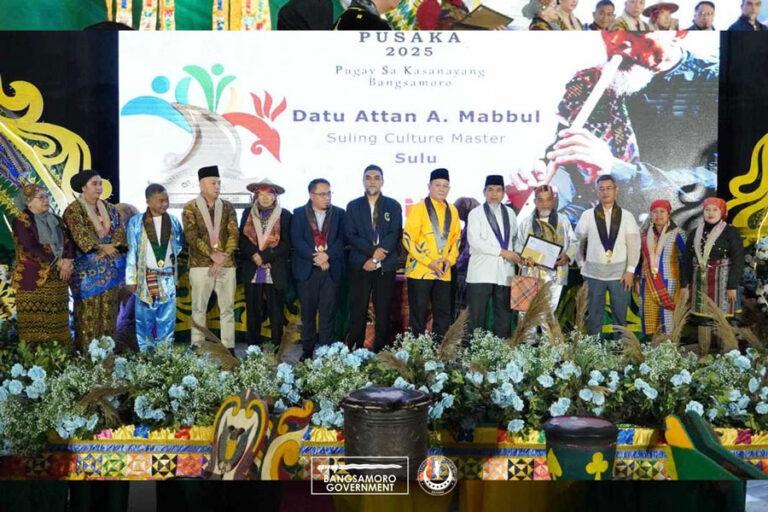COTABATO CITY – Since the clashes in Marawi started on May 23, the city’s residents, especially those trapped in the battle zone, have been struggling for survival.
This has prompted the Autonomous Region in Muslim Mindanao (ARMM) to immediately reactivate its Crisis Management Committee on May 24 in response to the emergency needs of Marawi’s residents. In support of these efforts, employees from different ARMM line agencies are currently working as volunteers manning the 24/7 emergency helpline the regional government has set up in Cotabato City. The volunteers take three eight-hour shifts daily.
The hotline receives 500 calls on average per day aside from hundreds of text messages from affected residents asking for relief packs and assistance especially for those who are still in Marawi City. Among the volunteers is 23-year-old Jihan Dimaporo who reports stranded, or trapped, civilians in the battlefield and provides updates on the status of such cases.
The volunteers take note of the caller’s identity, location and contact details. These pieces of information, said Jihan, are critical in providing the appropriate assistance the callers need. “We call them in order to assess their situation and figure out how to help them,” Jihan said. “Minsan may mga umiiyak pa at nararamdaman pa namin ang takot nila dahil sa nanginginig ang kanilang boses.”
Some callers, Jihan added, had to speak softly fearing they may be heard by members of the terror group who are outside their homes. “This situation adds up to the terror the stranded people feel,” he said. Jihan has just received a call from Onaysha Usudan, 20, who said her uncle was trapped in a location between the positions of the Maute group and the government troops.
Onaysha, affected by the crisis herself, has fled to safety with her family to a relative’s house in Iligan City in Lanao del Norte. Her uncle, Sadruddin Limpao-Marohmbsar, however, decided to stay at their house on Sani St., in Barangay Bangon, Marawi City. Learning from this information, Jihad notified the rescue team on the ground “to take appropriate action to rescue Sadruddin.”
On May 31, a team from the ARMM’s Humanitarian Emergency and Action Response Team and the Marawi City government went to Sadruddin’s residence. While the team was looking for Sadruddin, several gun bursts could be heard nearby. Sadruddin, hearing the calls from the rescue team, went out of his house and was eventually rescued.
Sadruddin and 74 other civilians are now at the Lanao del Sur provincial capitol, which currently provides shelter to 16,495 individuals, or 3,299 families, as of May 29. Sadruddin himself is a victim of the Marawi crisis. His family left the city on May 24 even as he stayed behind to make sure their house would not be robbed. “Akala ko kasi matatapos din agad yung barilan. Di ko inaasahan na magiging ganito kalala,” Sadruddin said. He was trapped for eight days, utilizing his scarce supply of food inside their house hoping rescuers would get him soon.
While trapped in the house, he could clearly hear the loud noise of guns and bombs. “Tinitiis ko lang ang takot ko ng panahong iyon,” Sadruddin said.
Since the hotline started operation, it provided assistance in the rescue of 2,372 residents. While around 200,000 residents of Marawi fled the city, over 3,000 individuals remained trapped in the city’s 80 barangays. “Nagpapasalamat ako kasi ang rescue team patuloy ang pagsasagawa nila ng gawain kahit may nangyayaring bakbakan,” Sadruddin said.
Meanwhile, ARMM’s Crisis Management Committee has been active in gathering information and assessing, as well as in monitoring the situation on the ground keeping track of the needs of individuals affected by the ongoing offensive against the terror group.
A total of 26,720 families or 133,700 individuals from the city and its nearby towns have evacuated, either in designated evacuation centers, or at their relatives’ houses. Still, over 3,000 individuals are still stranded in war-torn Marawi. These pieces of information, collected and verified, help significantly in the committee’s decision making, planning actions, and taking steps to continually ease the plight of evacuees, stranded individuals, and missing persons. (Bureau of Public Information)



